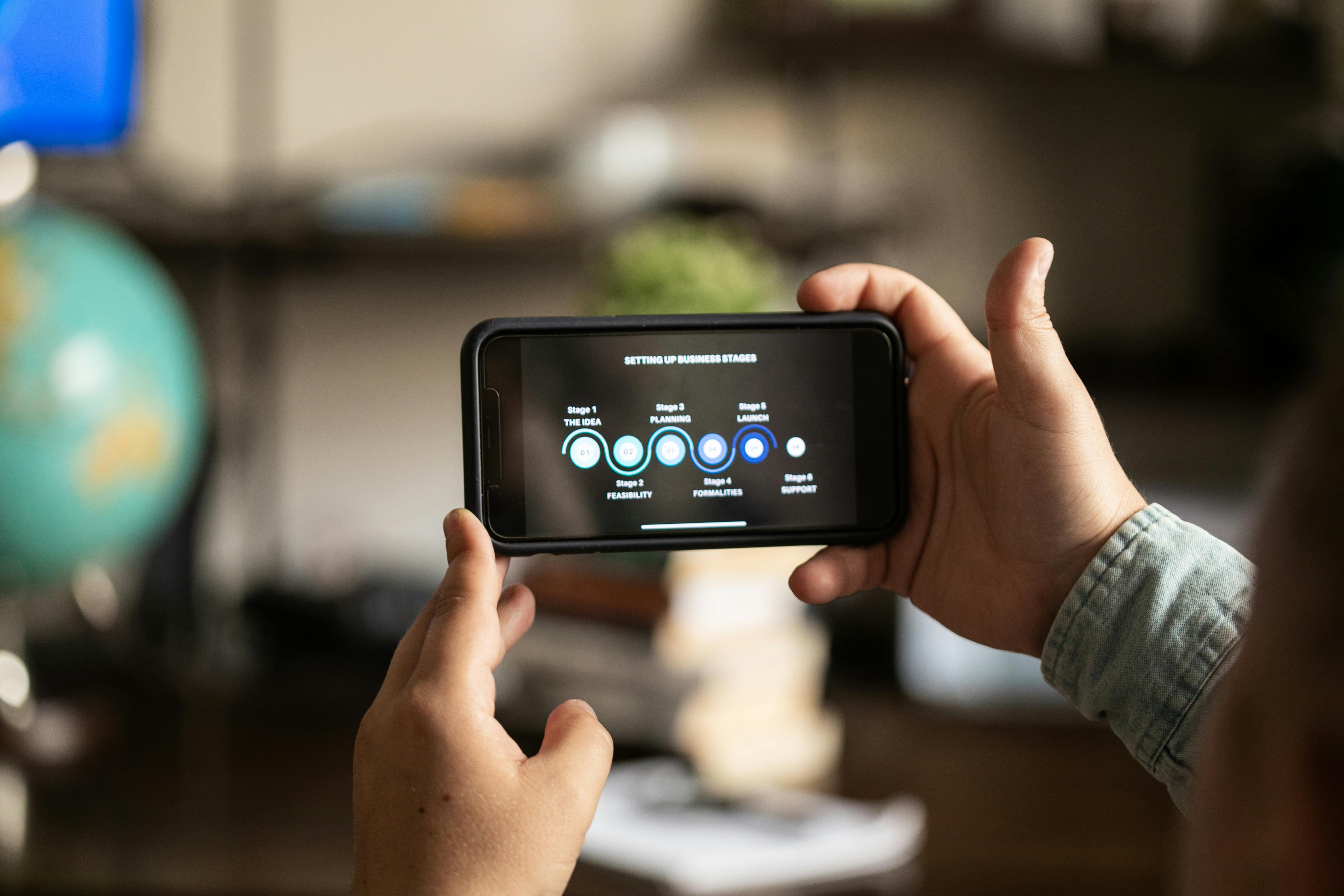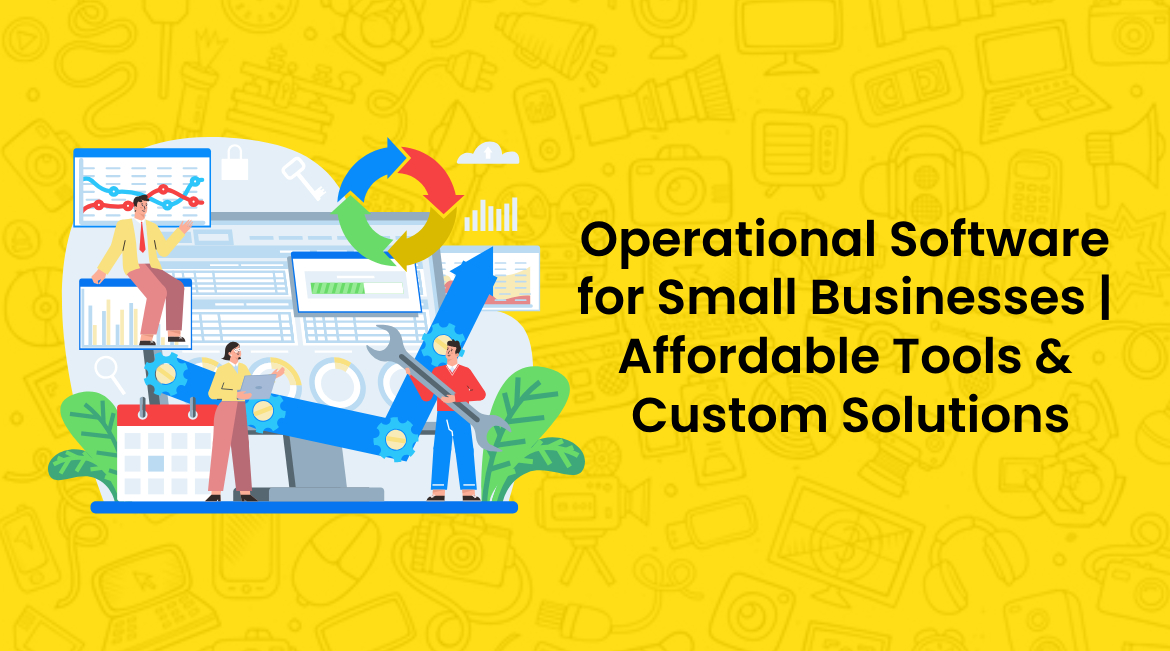In mobile app development, project management goes beyond schedules and status updates. It requires deep technical understanding of platform constraints, architectural decisions, CI/CD pipelines, and app store ecosystems.
Modern project managers must bridge engineering priorities with delivery excellence to build performant, scalable, and user-centric apps.
Architectural Planning and Technical Scoping
- Mobile projects demand careful early-stage technical scoping.
Project managers work closely with architects to: - Select the tech stack (native Swift/Kotlin vs. cross-platform frameworks like Flutter or React Native).
- Define API specifications for backend integrations.
- Identify third-party SDKs (payment gateways, analytics, push notifications).
- Set standards for app modularization, offline capabilities, and scalability.
Early architectural clarity prevents refactoring late in the cycle, reduces technical debt, and improves overall codebase maintainability.
Key artifacts like API contracts, architectural diagrams, and data flow charts become critical for aligning developers across iOS, Android, and server-side teams.
Sprint Planning and Backlog Grooming with Technical Focus
Agile ceremonies in mobile projects must factor in:
- Device-specific feature implementation (e.g., Face ID, ARKit, biometric authentication).
- Platform-specific guidelines (Material Design for Android, Human Interface Guidelines for iOS).
- Technical spikes to assess new APIs or hardware features.
- Dependency updates — ensuring compatibility with new iOS/Android versions.
Good project managers facilitate backlog grooming sessions that incorporate these technical nuances — sizing tasks realistically, sequencing work to de-risk complexity early, and ensuring parallel workstreams (like UI development and API build-out) are synchronized.
Story definitions include technical acceptance criteria — e.g., “Must support iOS 16+ and Android 11+, optimized for devices with notches and foldable screens.”
Version Control, Branching Strategy, and CI/CD Management
Mobile apps require robust version control strategies:
- GitFlow or trunk-based development depending on team size and release frequency.
- Branch policies (PR reviews, mandatory unit tests passing) to maintain code quality.
- Hotfix management for urgent post-release patches.
- CI/CD pipelines automate building, testing, and deployment:
- Auto-building APKs/IPAs on push.
- Automated UI testing with tools like Appium or XCUITest.
Distribution to QA teams and internal beta groups via platforms like Firebase App Distribution or TestFlight.
Project managers coordinate with DevOps engineers to track pipeline health, monitor build failures, and schedule release trains efficiently.

Device and Platform Fragmentation Management
Unlike web apps, mobile apps must perform across a wide range of:
- Device types (phones, tablets, foldables, rugged devices).
- OS versions (supporting latest updates while managing legacy fragmentation).
- Screen resolutions, aspect ratios, and hardware capabilities.
Project management plans must include:
- A device matrix for testing (real devices + emulators).
- Beta programs to capture edge-case issues early.
- Rollout strategies — phased rollouts by geography or cohort to minimize the impact of unforeseen bugs.
A mobile release is not a “one size fits all” event — it is an orchestrated deployment across multiple device and OS landscapes.
Store Compliance, Privacy, and Security Readiness
Mobile app stores (App Store, Google Play) enforce strict compliance:
- App Privacy Details.
- Data collection transparency (e.g., ATT framework on iOS).
- Secure data handling (OWASP Mobile Top 10 compliance).
Project managers maintain checklists for:
- GDPR, CCPA, and regional privacy law adherence.
- Encryption requirements for sensitive data (e.g., local storage, network transmission).
- Proper usage of permissions (location, camera, contacts).
Ensuring security audits (via static code analysis and penetration testing) and privacy assessments are part of the release readiness criteria — not afterthoughts.
Monitoring, Analytics, and Post-Deployment Management
Mobile apps require integrated telemetry:
- Crash reporting (Firebase Crashlytics, Sentry).
- Performance monitoring (app load time, ANR rates).
- User behavior analytics (Google Analytics for Firebase, Mixpanel, Amplitude).
Project managers work with engineering and product leads to:
- Define key metrics (KPI dashboards) early.
- Set up real-time monitoring alerts for crash spikes or service outages.
- Plan bug triaging and patch releases based on post-launch data insights.
Post-launch is not maintenance mode; it is active iteration based on data-driven learnings.
Project management in mobile app development must be deeply technical to succeed.
From platform architecture choices to CI/CD orchestration, compliance readiness, and post-launch observability, technical project managers are integral to delivering robust, high-quality mobile applications.
In a world where app store ratings, update velocity, and user experience drive business outcomes, technical mastery in project execution is no longer optional — it is the foundation of sustainable mobile innovation.




